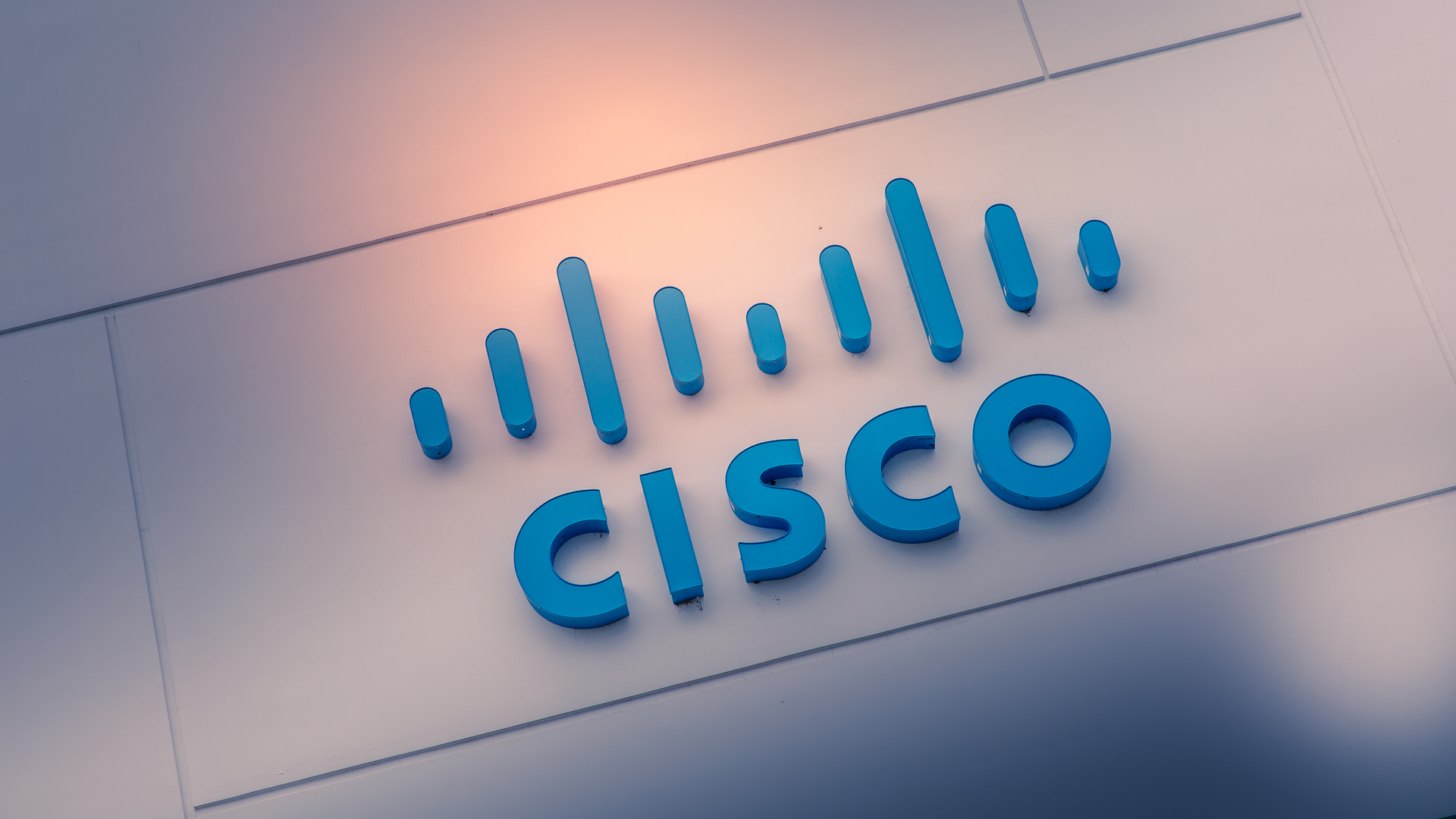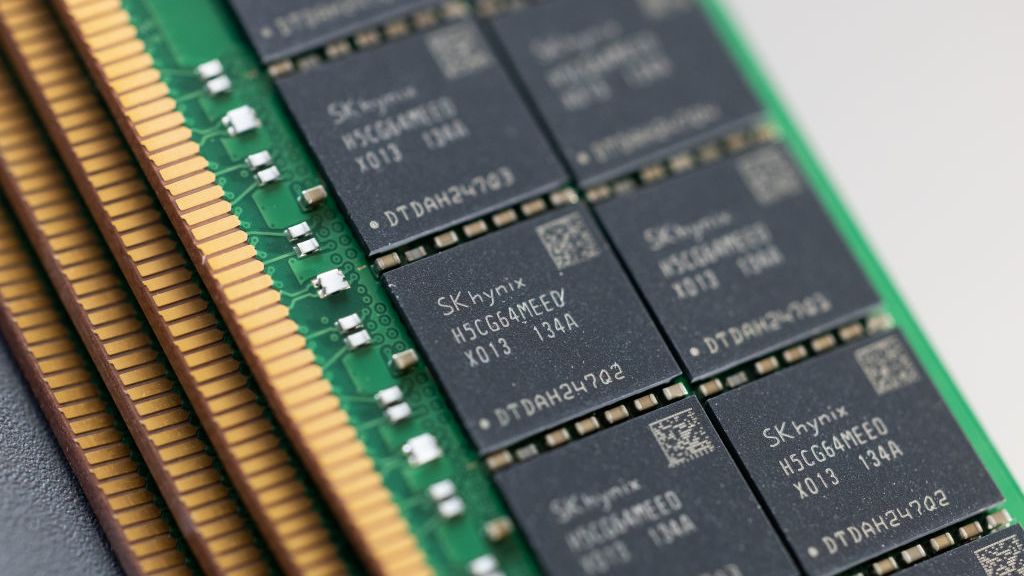Global chip shortage hits Cisco supply chain
CFO Scott Herren said that issues will last until at least the end of 2021


Cisco has confirmed that its recent supply chain disruption has been a direct result of the larger global semiconductor shortage.
Chief financial officer Scott Herren estimated during an earnings call on Wednesday that the supply chain issues, which are impacting the forecast for the current quarter's adjusted gross margins, could last until the end of 2021, with a possibility that they would extend until 2022.
“I think the supply chain issues will stay with us at least through the end of this calendar year,” he told the attendees, adding that Cisco had “locked in both supply and pricing with some of the key component providers”.
Although no specifics were given during the call, a spokesperson for the company has since confirmed to IT Pro that the supply chain issues were related to the global semiconductor shortage, which has been plaguing the tech and automotive industries for the duration of the pandemic.
“Due to material shortages across the semiconductor industry that are outside of our control, Cisco is experiencing extended lead times on select components. While the impacts are not broad-based across all Cisco products, there are some delays to production schedules for certain product families,” the spokesperson told IT Pro.
They added that the situation is expected to last through the end of our current fiscal year and into the next as efforts to expand capacity are realised and demand stabilises.
“Cisco has and will continue to be proactive in mitigating the impacts of these supply constraints and we are working closely with our network of suppliers and manufacturing partners to minimise delays and expedite orders for our customers,” they added.
Sign up today and you will receive a free copy of our Future Focus 2025 report - the leading guidance on AI, cybersecurity and other IT challenges as per 700+ senior executives
The confirmation comes weeks after CEO Chuck Robbins told the BBC that it would take “another six months to get through the short term” of the global chip shortage, adding that the crisis is unlikely to be fully resolved until 2022.
"The providers are building out more capacity. And that'll get better and better over the next 12 to 18 months,” he said, adding that the shortage was caused by unprecedented demand for semiconductors, which “go in virtually everything”.
RELATED RESOURCE

The shortage is what might have prompted the company to acquire fabless semiconductor company Acacia Communications, the finalisation of which was announced on Wednesday. Cisco also reported a 10% year-on-year growth in total orders, representing the strongest demand in its products for almost a decade.
The company generated $12.8 billion in revenue, up 7% year-over-year, with continued momentum in transforming its business to software and subscriptions. According to the company, 81% of software revenue was sold as a subscription, up from 76% last quarter.
Having only graduated from City University in 2019, Sabina has already demonstrated her abilities as a keen writer and effective journalist. Currently a content writer for Drapers, Sabina spent a number of years writing for ITPro, specialising in networking and telecommunications, as well as charting the efforts of technology companies to improve their inclusion and diversity strategies, a topic close to her heart.
Sabina has also held a number of editorial roles at Harper's Bazaar, Cube Collective, and HighClouds.
-
 Raspberry Pi CEO Eben Upton on surviving the semiconductor crisis
Raspberry Pi CEO Eben Upton on surviving the semiconductor crisisCase Studies The Raspberry Pi chief reveals how the organisation overcame component shortages during the COVID-19 years
-
 What 2023 will mean for the industry
What 2023 will mean for the industryWhitepaper What do most IT decision makers really think will be the important trends and challenges in the coming year?
-
 MSG giant Ajinomoto's chipmaking foray helps break financial records
MSG giant Ajinomoto's chipmaking foray helps break financial recordsNews In addition to umami seasoning, the company produces a microfilm insulation used by the semiconductor industry which was repurposed from its amino acid technology
-
 IBM unveils its 'most powerful' 433-qubit quantum processor
IBM unveils its 'most powerful' 433-qubit quantum processorNews The Osprey is three times more powerful than IBM's 127-qubit Eagle processor the company launched a year ago
-
 Blackberry revenue falls by 4% as cyber security division takes hit
Blackberry revenue falls by 4% as cyber security division takes hitNews Despite this, the company’s Internet of Things (IoT) division increased its revenue by 28% as it attracted new customers from the automotive sector
-
 SK Hynix splashes out $11 billion on new semiconductor plant
SK Hynix splashes out $11 billion on new semiconductor plantNews The company will produce memory chips, but will reportedly decided closer to the time whether they will be DRAM or NAND flash chips depending on market conditions
-
 Podcast transcript: Solving the semiconductor shortage
Podcast transcript: Solving the semiconductor shortageIT Pro Podcast Read the full transcript for this episode of the IT Pro Podcast
-
 The IT Pro Podcast: Solving the semiconductor shortage
The IT Pro Podcast: Solving the semiconductor shortageIT Pro Podcast When the chips are down, supply chains may need a long time to ramp back up to full capacity


